
Raj Mehra, Ph.D., is the Chairman and CEO of Seelos Therapeutics, Inc.
Prior to founding Seelos, Dr. Mehra spent nine years at Auriga USA, LLC as a managing director focused on private and public equity investments in global health care companies. Prior to Auriga, Dr. Mehra was the sector head for health care equity investments at Bennett Lawrence Management, LLC in New York. He also founded and managed a long/short equity hedge fund at Weiss, Peck & Greer LLC.
In this 2,858 word interview, exclusively in the Wall Street Transcript, Dr. Mehra details the stage of his company’s drug developments:
“Our lead program, SLS-002, which is an intranasal ketamine program that’s focused on acute suicide ideation behavior in major depression, which translates to patients who have major depression and also are imminently suicidal, which means they have a suicide plan to implement and coupled behavior that will lead to a successful suicide.
Currently, there are no drug therapeutics that have been approved in the U.S., or worldwide for that matter.
And currently, the number of patients who are showing up in the emergency room that are imminently suicidal is a staggering number, over a million people. And with no approved therapy, this is a high unmet need, and that’s where our lead program is focused on.
And then, we have another program that’s also ready for a potentially pivotal study, SLS-005, which is focused on ALS, also known as amyotrophic lateral sclerosis or commonly known as Lou Gehrig’s disease.
This disease is also a fatal neurodegenerative disease, which means, for most of the patients, the median survival is three years from the time they are diagnosed with the disease. And in the last 30 years, only one drug was approved four years ago from a small Japanese study, and that drug is used not very widely, and as a result, almost 49,000 patients that are prevalent in the U.S. alone for ALS are in the need of an effective therapy, so we are focused on that as well.”
Dr. Mehra believes that his company’s products will be unaffected by political developments:
“Depending on the election outcome, it is expected that if the Republicans win, then things will continue on as they are, which is generally very positive for the industry. And from the Democrat side, they have started to formulate their policies, which are still not very clear, but the last week they started to formulate the policy that they don’t intend to make any drastic changes in drug pricing.”
Get the complete 2,858 word interview, exclusively in the Wall Street Transcript, with all the details on these exciting new drugs from Dr. Mehra’s company.
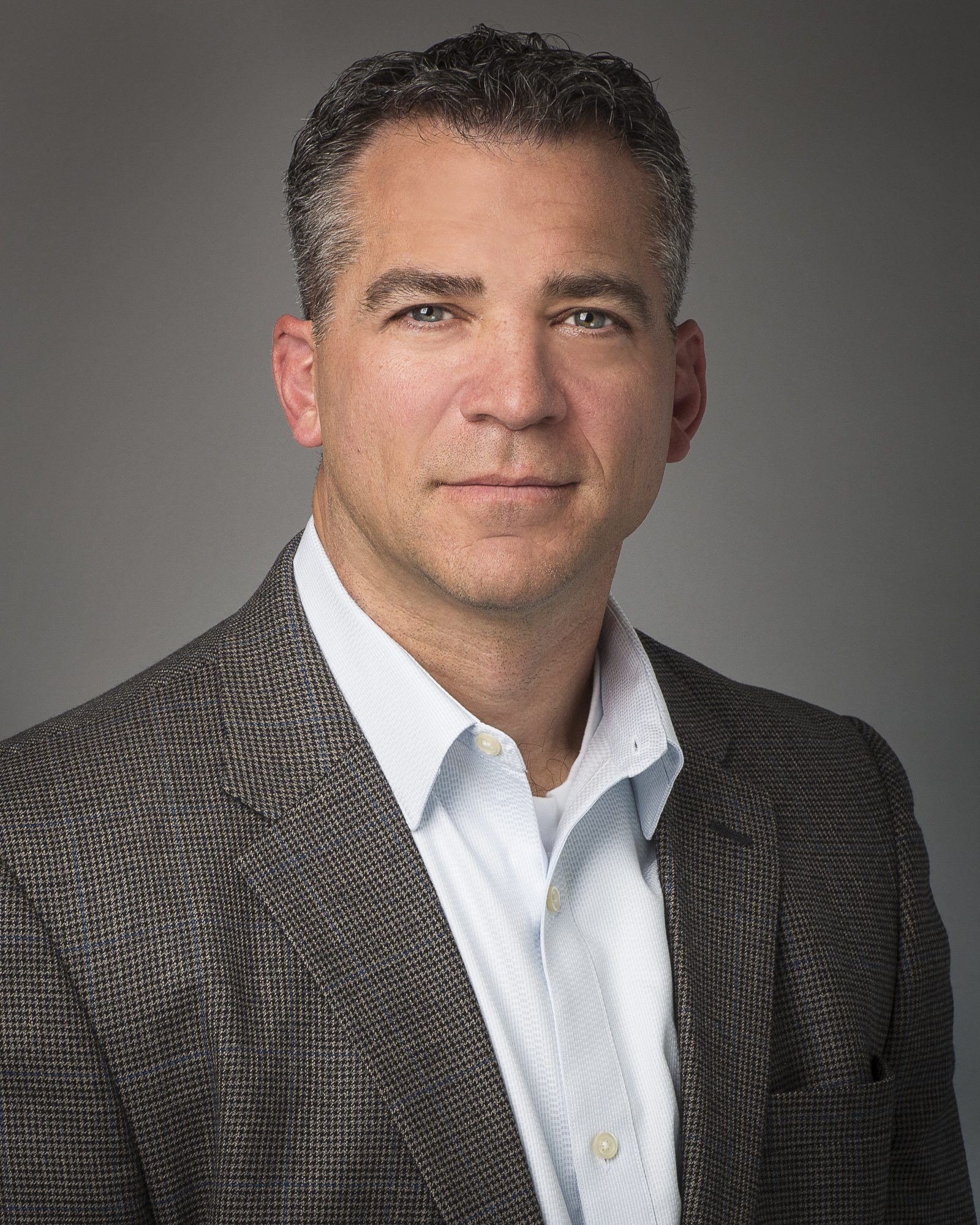
Vincent Angotti is the CEO and a member of the board of directors at AcelRx Pharmaceuticals, Inc. Earlier, he was CEO of XenoPort, Inc., a biopharmaceutical company focused on the development of treatments for neuropathic pain and other neurological disorders.
Prior to that, Mr. Angotti was Senior Vice President of Sales and Marketing at Reliant Pharmaceuticals. He is a graduate of Cornell University and received an MBA, with honors, from Columbia University.
In this 3,776 word interview, exclusively in the Wall Street Transcript, Mr. Angotti delivers the upside rationale for his company to investors.
“The other side of the coin are drugs everyone’s heard of with not good praise: IV fentanyl and, to a lesser degree, IV sufentanil. The challenge with these drugs is that they come very fast in onset of action, in a matter of minutes. But as fast as they come on is as fast as they come off in their analgesic effects. The patient starts suffering from pain again. They have to continuously be re-dosed.”
AcelRx has developed an effective alternative:
“What Dr. Palmer did was she selected the molecule sufentanil for sublingual administration because of the reasons I mentioned before, from being highly lipophilic, non-ionized, allowing for transmucosal uptake, under the tongue, to a safety profile due to the very high therapeutic index. And number three, and most importantly, is this pharmacokinetic profile, what’s got a fast onset of analgesia under the tongue of about 15 minutes. It solves the morphine issue and has a nice duration of analgesic effect with just one dose over three to four hours, solving the issues with IV fentanyl and sufentanil, regarding the fast offset.
And finally, because it’s just one dose and because of the makeup of the drug and how it’s delivered under the tongue, it has a low level of medication in the blood, while it keeps you in the analgesic area, it typically doesn’t put you into the safety threshold of respiratory depression. It’s this beautiful triangle: There is fast onset, long duration, three to four hours, but safety, with a blunted blood concentration that doesn’t put patients typically into the respiratory depression zone.”
Get the complete investment thesis and all the details by reading the entire 3,776 word interview with Vincent Angotti, exclusively in the Wall Street Transcript.
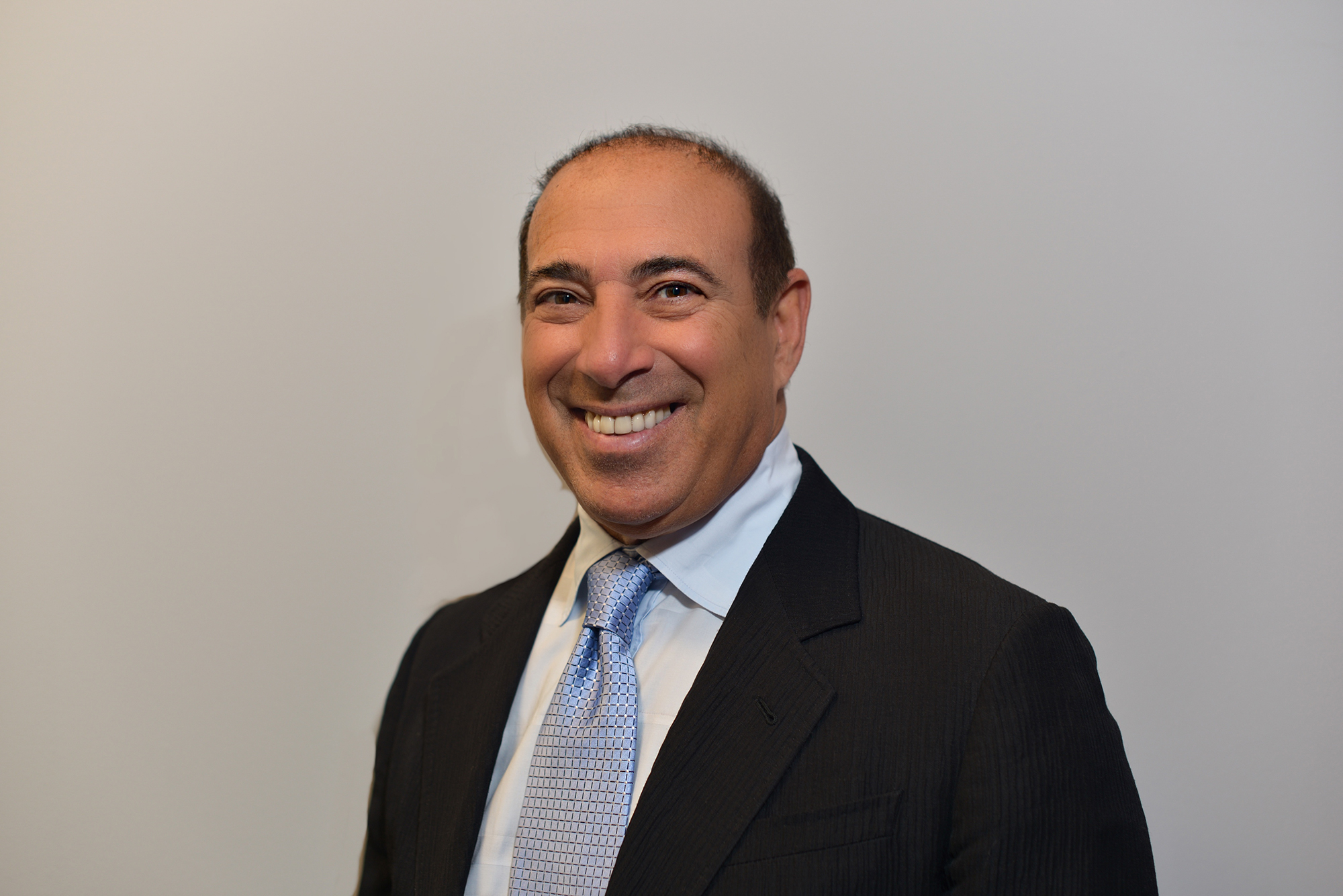
Albert Mitrani has been Chief Operating Officer, President and board member at Organicell Regenerative Medicine, Inc. since April 2018, and he also is the Chairman of the board, Chief Executive Officer, Secretary and Treasurer at Organicell Regenerative Medicine, Inc. — alternate name Biotech Products since June 24, 2011.
Mr. Mitrani formerly was the Chief Executive Officer, President and Director of Analytical Stem Cell Corp. from April 2014 to May 2015. From February 2012 to March 2014, he was the Chief Executive Officer of Americell Trinidad and the President of ASCAAC LLC — American Stem Cell — from March 2011 to January 2013. Mr. Mitrani was the Chief Executive Officer of American Cellular Center in Quito Ecuador from 2009 through 2012.
In this 2,511 word interview, exclusively in the Wall Street Transcript, Mr. Mitrani explains why investors should look at buying stock in his publicly traded company.
“For several years, we have been doing a lot of research in various areas, specifically around lung diseases, and have collected data, more specifically around lung reparation.
When COVID hit, we came to the realization that through all of our work and expertise around regenerative therapeutics for the lungs, that there could be a potential opportunity for us to make a big difference in the treatment of this virus, particularly for patients with more severe lung injury and illness.”
This particular treatment developed from some core stem cell therapy applications.
“And with this knowledge of stem cells, we transitioned out of autologous stem cells and began searching for a regenerative therapy that would be more consistent. Particularly, something that we would be able to commercialize with reproducible and consistent effects.
Autologous stem cell therapies utilized autologous stem cells derived from the patient’s own blood. When you isolate these cells, the stem cell quality varies from patient to patient. The health of the stem cell population is largely dependent upon the patient’s health status and underlying conditions.
In our search for a better therapeutic source of cells for regenerative therapies, we ultimately focused on perinatal tissue…
However, one component of paracrine factors that we found to be most promising for regenerative therapies were cell-secreted nanoparticles called “exosomes” and extracellular vesicles.
This type of therapy no longer requires the use of stem cells or cells. Our ability to identify and isolate these perinatal-derived exosomes is what really changed the direction of our company.”
Get all the details on this potentially life changing drug discovery by reading the entire 2,511 word interview with Mr. Mitrani, exclusively in the Wall Street Transcript.
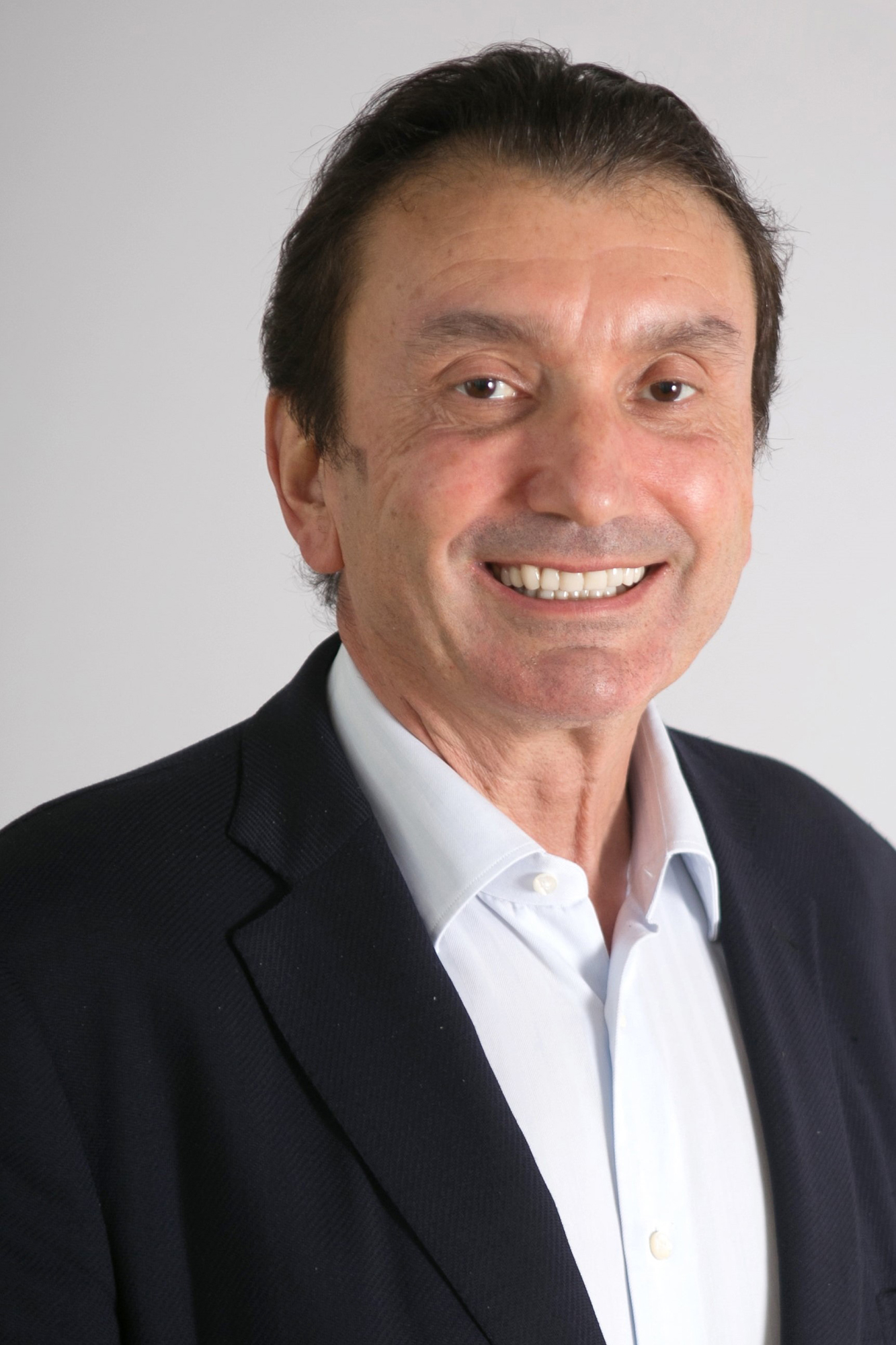
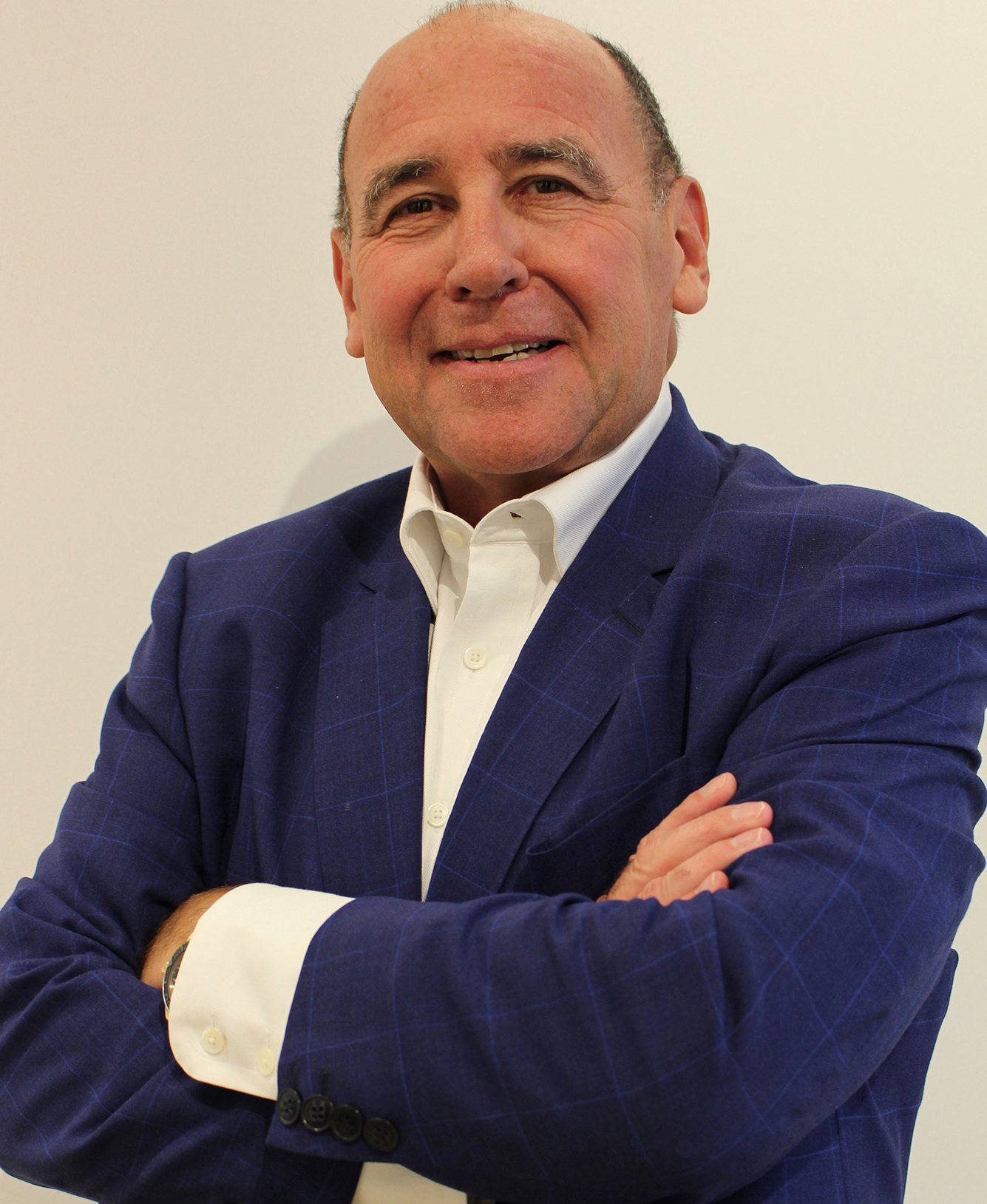
Hartmut J. Ehrlich, M.D., is Chief Executive Officer of Abivax. He is a physician with 30 years of experience in academia and in the biopharmaceutical industry. For 20 years, he worked on product development at Baxter and Sandoz — now Novartis. Before joining Abivax, as Head of Global R&D, he successfully built and advanced Baxter BioScience’s R&D portfolio with over 50 programs in preclinical and clinical development.
He drove the regulatory approval of key biologics in the specialty areas of hemophilia, thrombosis, immunology, neurology, oncology, biosurgery and vaccines, thereby bringing novel therapies to patients with substantial medical needs.
He also has authored or co-authored over 120 peer-reviewed articles and book chapters. In 2011, Dr. Ehrlich was named “Professor” by the Austrian President and the Austrian Minister for Science and Research, and he received the title of “Adjunct Professor” at the Danube University Krems, Lower Austria in 2013.
Philippe Pouletty, M.D., is Chairman of the board at Abivax. He is also Managing Partner of Truffle Capital. He is a pioneer in the biotechnology and medical devices sector.
As an entrepreneur, he founded/co-founded among others: Carmat, Deinove, Pharnext, Vexim — Truffle portfolio companies.
As an inventor, Dr. Pouletty has filed 32 patents, one of which is the second-highest revenue generator in life sciences for Stanford University, earning him membership in Stanford’s Invention Hall of Fame in 2012.
Dr. Pouletty was Chairman of France Biotech from 2001 to 2009 and has held the title of Honorary Chairman since 2009.
In this 2,287 word interview, exclusively in the Wall Street Transcript, these two scientists discuss the upside for investors in their current publicly traded company.
“Abivax was founded by Truffle Capital, my fund in Paris, in 2013 by merging three of our biotech companies. One of the companies was working on the platform technology coming from CNRS — the French National Centre for Scientific Research — that led to ABX464, which is the company’s lead molecule tested in ulcerative colitis and other clinical trials.
A second biotech company, which was formed from a technology licensed from Scripps Research in California, has led to the current Phase I/II trial in the U.S. of ABX196 for hepato carcinoma.
So we like projects coming from great science in academia, where we start the companies not from scratch but from I.P., and then we continue to work with the inventors who stay in academia.”
Their drug discovery has applications to the treatment of the COVID 19 coronavirus:
“This is related to the product characteristics of ABX464, a molecule that was initially developed for patients with HIV as an antiviral. During the uncovering of the mechanism of action, we realized that ABX464 was a very potent anti-inflammatory drug.
It is now in a Phase IIb study in ulcerative colitis. And it will be in a Phase IIb/III study in patients with Crohn’s disease within the next six months.
When COVID came up, and based on the initial antiviral activity against HIV and the anti-inflammatory properties, we tested the molecule in the most reputable lab in France, in Lyon, for its ability to actually inhibit the replication of the SARS-CoV-2 virus.
We saw — and Remdesivir was in these experiments as well — that the inhibition of replication of the virus between Remdesivir and ABX464 was comparable. We had already decided to go into a COVID-19 clinical trial, but the antiviral activity, of course, was the icing on the cake.”
Get all the details on this great drug discovery biotech company by reading the entire 2,287 word interview with Dr. Ehrlich and Dr. Pouletty, exclusively in the Wall Street Transcript.
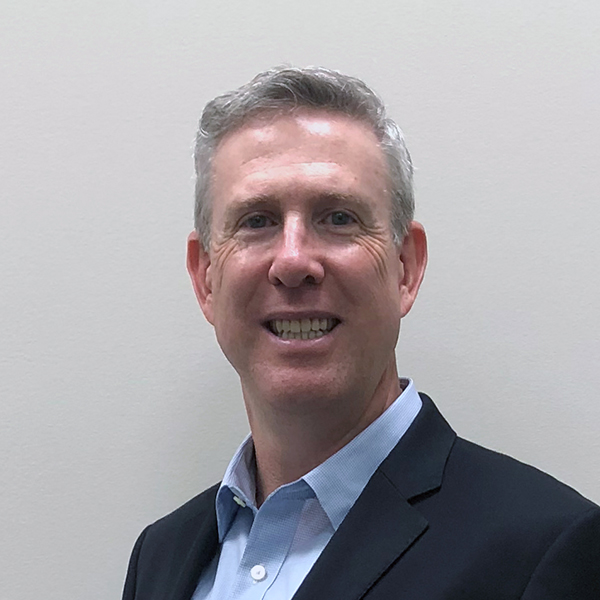
Robert Cobuzzi is the new CEO at Diffusion Pharmaceuticals Inc. He was a company director since January 2020. He is currently adviser to the Mitochondrial Disease Frontier Program at the Children’s Hospital of Philadelphia and Chairman of Sunstone Life Science Venture’s Business Development Board. From 2005 until 2018, he worked in senior roles at Endo International Plc, most recently as President, Endo Ventures Limited in Dublin, Ireland.
Dr. Cobuzzi was a member of the U.S. Department of Commerce’s Industry Trade Advisory Committee on Chemicals, Pharmaceuticals, Health/Science Products and Services, and was a board member for two development-stage medical device companies.
He received an A.B. degree in biochemistry and art history from Colby College as well as a Ph.D. in molecular and cellular biochemistry from Loyola University Chicago.
In this 3,168 word interview, exclusive to the Wall Street Transcript, Dr. Cobuzzi explains the sustainable competitive advantage of his public biotech company.
“We are looking at ways to improve the oxygenation of tissue and organs. The animal studies and the initial human studies have provided interesting and compelling data while showing an excellent safety profile.
No issues with tolerability have occurred through the clinical experiences to date. Further, we have been able to identify evidence of efficacy.
And now, amidst this horrible COVID pandemic, we have the ability to test patients and hopefully come up with a treatment that can address this issue of multi-organ failure related to a lack of oxygen becoming available because of lung damage associated with the disease.”
“The current plan is to do a large multinational trial in both Europe and the U.S. to make sure that we can accrue patients at a sufficiently rapid rate and yet have all the adequate procedures in place from a medical standpoint to ensure consistent treatment amongst all the patients and ensure that we obtain quality data.
We must file for regulatory approval to conduct such a bilateral trial in both the U.S. and Europe.
We envision our current study will give us a topline data readout sometime in the mid-late fourth quarter of this year — clinical studies being what they are — and that we would hopefully be able to get the next study going sometime in the early part of 2021.”
Get the complete picture and the underlying science to this discovery by reading the entire 3,168 word interview with Robert Cobuzzi, only in the Wall Street Transcript.
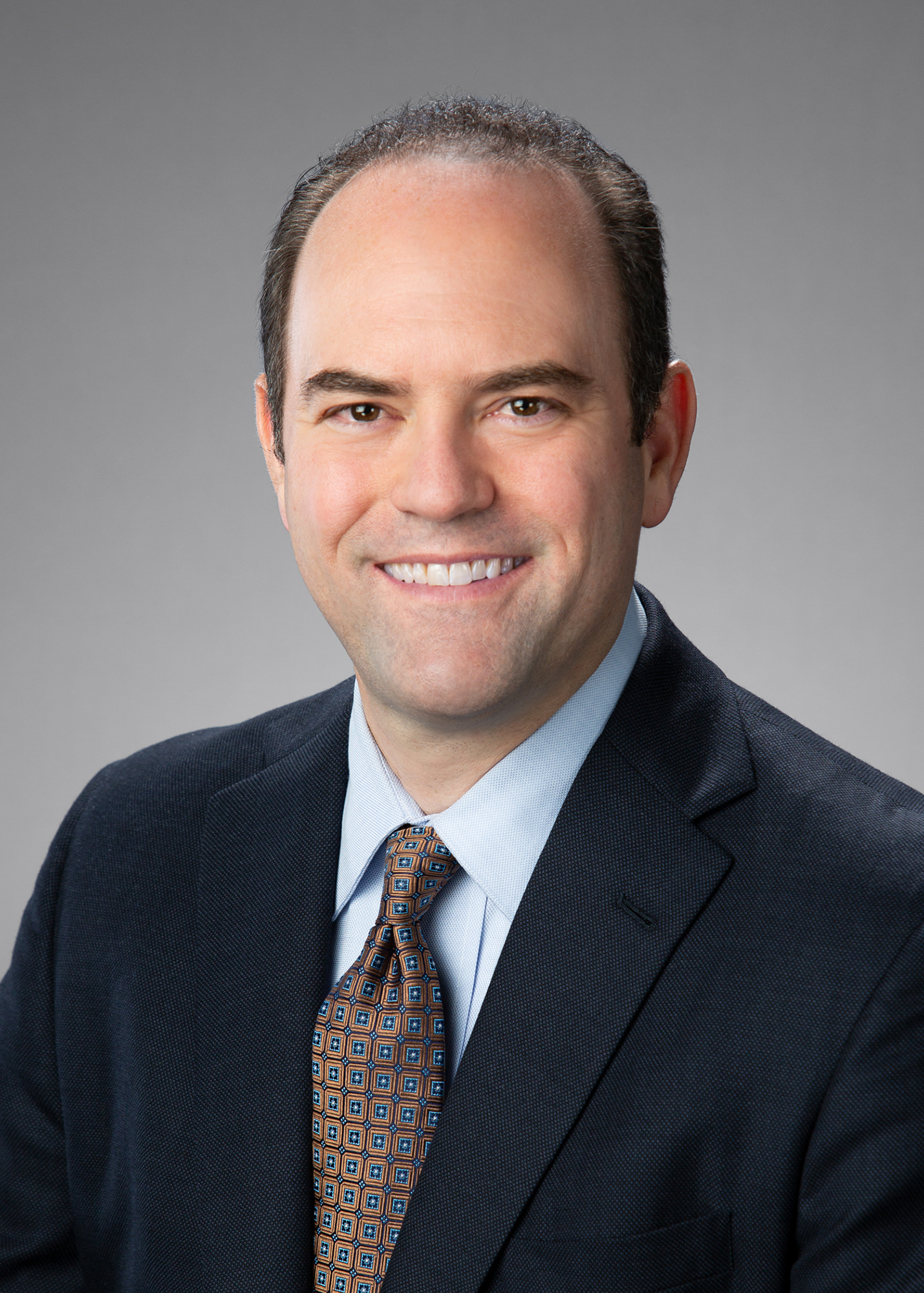
Christopher Zook is the Founder, Chairman and Chief Investment Officer of CAZ Investments. With nearly 30 years of experience investing in both traditional and alternative asset classes, he is a regular contributor to major media outlets, including CNBC, Fox Business and Bloomberg. Mr. Zook is actively involved in public policy and frequently serves as a resource to state and local officials.
Most recently, Governor Greg Abbott appointed Mr. Zook as Chair of the investments committee for the State of Texas Pension Review Board after he helped find a solution to Houston’s pension crisis and spearheaded efforts that resulted in the city’s most sweeping public pension reform of the last 40 years.
In this 3,854 word interview, exclusively in the Wall Street Transcript, Mr. Zook details his investing strategy and some of his top picks.
“Because of our buying power and vast ecosystem, it is not uncommon for us to make $100 million-plus commitments into investments if they align well with our core themes. There are not many families, and frankly, not many institutions, that can invest $100 million-plus into one fund or one specific company.
We have the ability to do that because we are aggregating buying power from so many different sources and so many different pools of capital, which means we get access and we see things that may not otherwise be available.
The second part is that some investments have very high minimums, and those minimums can make it prohibitive for families who would need to invest $25 million or $50 million at a time, which may be outside of their range of comfort. Our ecosystem and buying power provide us the ability to make those investments.
Additionally, because we are a single source of potentially very large investment dollars, and we can move much faster than the typical investor might be able to, we often receive preferential rights, protections or, in many cases, co-investment opportunities that would not be available to the average fund investor.”
This has lead to an interesting process:
“Every single recession has a playbook that you can utilize to navigate through the turmoil. The causes of each recession are always different and unpredictable, and I certainly do not know anyone that was forecasting that this recession would be caused by a virus, but there is almost always a playbook that can be utilized to maximize the opportunity set from a recession.
Each recession has its own unique characteristics, but they generally follow a somewhat predictable pattern.
In this particular situation, we are following that playbook but recognize that things are likely to happen slower because of all the stimulus.
Therefore, we are putting capital in place over the next six to nine months that will be ready to buy those companies that are truly great businesses with troubled balance sheets, restructure them and then, as the economy recovers over the next three to five years, hopefully sell them at enormous increases in value.
We have a great partner that we are looking forward to announcing sometime in the next couple of months to do just that.”
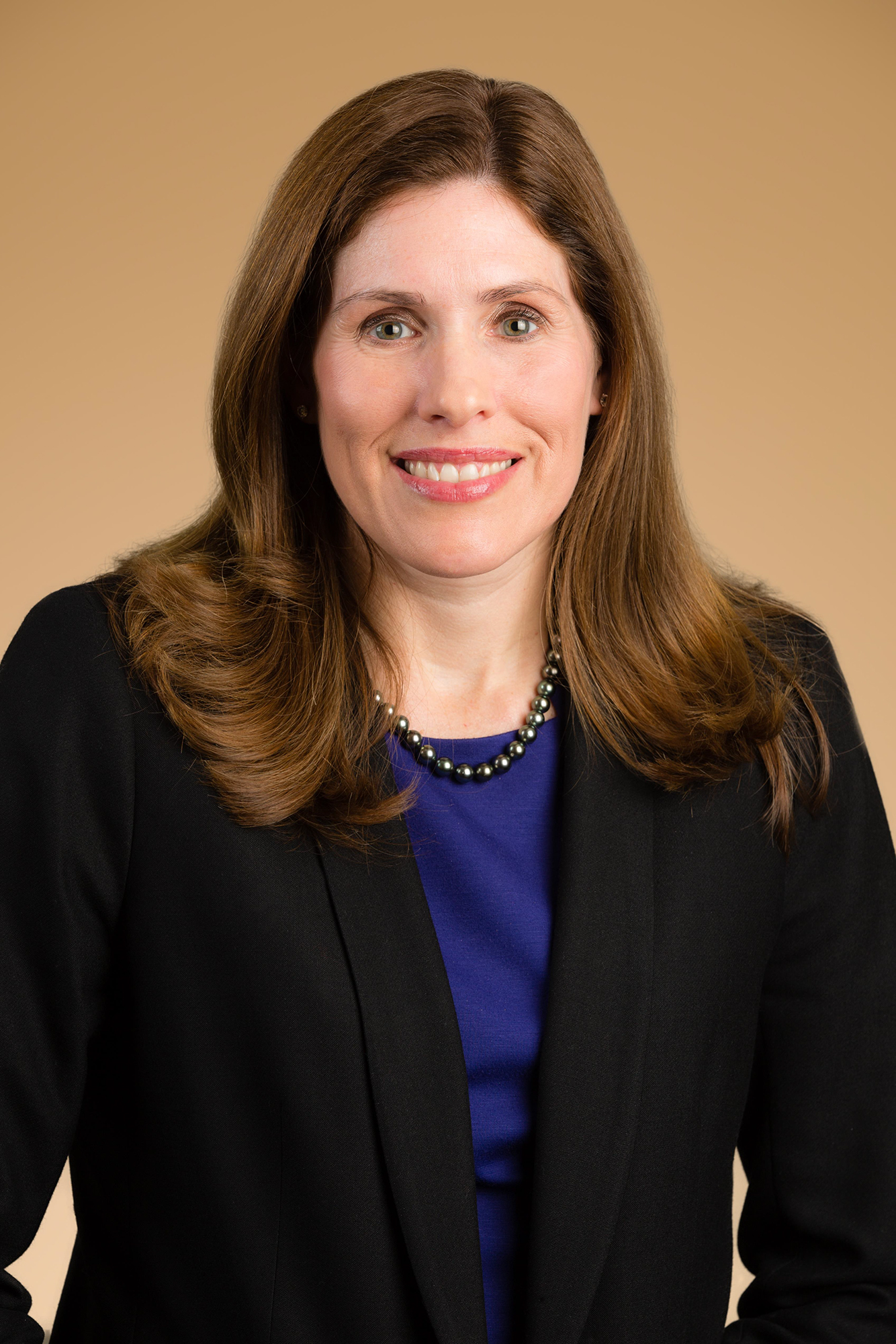
Jennifer K. DeSisto, CFA, CAIA, is Chief Investment Officer of Anchor Capital Advisors, LLC. She received a B.S. in industrial management and economics from Carnegie Mellon University in 1997 and an MBA from MIT Sloan School of Business in 2005.
She earned the Chartered Financial Analyst designation in 2007 and the Chartered Alternative Investment Analyst designation in 2018. Ms. DeSisto has worked for Anchor Capital Advisors, LLC since 2016. From 2011 to 2016, Ms. DeSisto was a portfolio manager at Fiduciary Trust Company.
In this 3,532 word interview, exclusively in the Wall Street Transcript, Ms. DeSisto illuminates the philosophy behind some of her top stock picks in her portfolio.
“In 2018, Anchor employees, along with a local private equity group called Lincoln Peak, reacquired the firm, which is now 70% employee-owned. It has been a great experience to be independent again.
We really have a founder’s mentality at Anchor. We have always been focused on value investing. We are focused on small and midcap stocks, which is where we believe we have an edge in finding opportunities in the market. Our largest strategy at Anchor is the Mid Cap Value strategy, but all of our strategies incorporate a heavy mix of midcap stocks.
In the past several years, we also started a Founders Value strategy, including a highly concentrated portfolio of approximately 15 stocks. That’s where the founder is still very involved, or there’s high insider ownership.”
This interesting investing strategy has led to some interesting recent additions to the portfolio:
“One of these companies that suddenly has garnered attention are thermal scanners and thermal sensors to take people’s temperature.
As the economy is opening up, a lot of businesses — including retailers and warehouses, manufacturing plants and others — are using thermal sensors to take people’s temperatures before they come in, which seems to have benefited FLIR Systems (NASDAQ:FLIR), the company that makes these thermal sensors.
It’s not really gaining any attention, even though they are a leader in sensor technology. They now have this tremendous opportunity because of COVID. And so early on, when we started to see how things were evolving, we bought that stock for the portfolios.
Another area that’s really interesting to us is home improvement because people are staying at home, and they’re not traveling or going out.
They’re actually investing in their homes, and they’re spending money at home improvement stores. Lowe’s (NYSE:LOW), one of the stocks we own, seems to have really benefited from people doing home improvement projects.
The other aspect is the stimulus that is coming from the government — giving people extra money in their pockets — so they are spending at retailers like Lowe’s.
Another place that we have added more recently is Ollie’s Bargain Outlet (NASDAQ:OLLI). It provides clearance close-out opportunities for people who are shopping there, and you’re seeing strong sales coming out of there.
Those are some of the areas where we see opportunities, and we have been adding to our positions if we already own them, or we have been buying them to add to our portfolios.”
To get more of the reasoning behind these picks, and many others, read the entire 3,532 word interview, exclusively in the Wall Street Transcript.
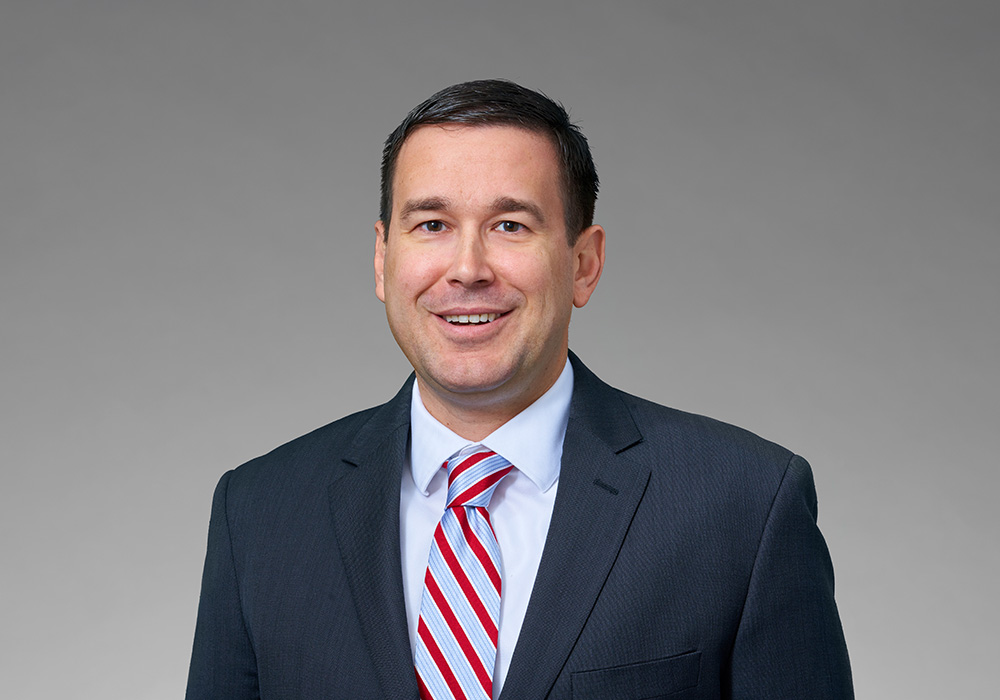
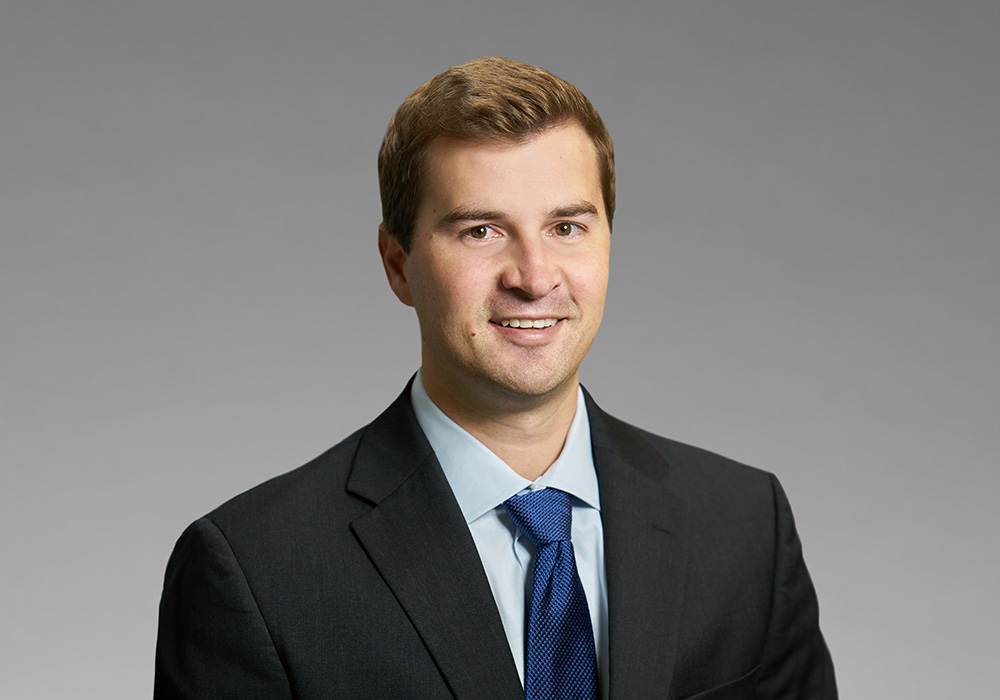
Joe Van Cavage, CFA, is Vice President and Portfolio Manager of Intrepid Capital. Mr. Van Cavage joined Intrepid Capital in 2018. He is a co-lead portfolio manager of the Intrepid Endurance Fund and the separately managed Intrepid Small Cap portfolio. Mr. Van Cavage is also a member of the investment team responsible for the Intrepid Capital Fund, the Intrepid Disciplined Value Fund, and the separately managed Intrepid Balanced and Intrepid Disciplined Value portfolios.
Matt Parker, CFA, CPA, is Vice President and Portfolio Manager of Intrepid Capital. Mr. Parker joined Intrepid Capital in 2014. Mr. Parker is a co-lead portfolio manager of the Intrepid Endurance Fund and the separately managed Intrepid Endurance portfolio.
In their 4,206 word interview, exclusively with the Wall Street Transcript, these two up and coming investment advisors give out some of their top picks and the reasoning behind them.
“The next one we wanted to talk about was Burlington Stores (NYSE:BURL). Burlington Stores is a physical apparel and home retailer. They actually have almost no online presence. Despite that, the stock has been a wildly successful investment today. It’s up almost 10 times since their IPO in 2013.
We think Burlington was actually a screaming deal in the chaos of the coronavirus panic, and the stock has recovered considerably over the last few months.
But given the company’s business model and a long runway of self-help improvement initiatives, we still think at today’s price it’s a very attractive opportunity and potentially a core holding for us for a long time.
Burlington specifically is an off-price retailer and runs the business model very similar to T.J. Maxx (NYSE:TJX) and Ross Stores (NASDAQ:ROST).
The off-price model, which sources excess merchandise from vendors at attractive wholesale prices that it passes on to consumers, has two really attractive qualities.
First, it’s been a structural market share gainer against legacy department stores and home apparel companies due to just the general value proposition it offers to customers.
And second, it’s proven to be a very recession-resistant model, benefiting from increased traffic as consumers trade down from full-price stores during times of financial difficulty.”
The two asset managers recommend more stocks in the interview:
“Another business we like is called Acuity Brands (NYSE:AYI). They are the industry leader in commercial lighting. By lighting here, I’m referring to kind of the higher-end commercial and industrial-grade fixtures as opposed to kind of a simple light bulb that you might buy in a grocery store.
An example might be a street light or a light fixture that you find in a warehouse or a retail store.
It’s a very well-run and high-quality business. We think the key advantage for Acuity is its deep relationships with its agency network that’s critical for getting scale in this business.
As a result, Acuity has the highest margins and returns on capital in the industry. It generates a ton of free cash flow and also has a great balance sheet.
The big story in the lighting industry over the last five or 10 years was LED adoption.”
Read the entire 4,206 word interview to get the full detail, exclusively with the Wall Street Transcript.
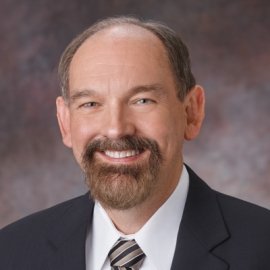
John Cuthbertson, Ph.D., CFA, is Director of Research at Denali Advisors. He has 23 years of industry experience. Most recently, he was the Portfolio Manager in the Derivatives group at Analytic Investors in Los Angeles, where he was responsible for the Global Tactical Asset Allocation strategy.
In 2004, Dr. Cuthbertson co-founded Ten Asset Management in Encinitas, California, where he had multiple roles, including Director of Research, Chief Compliance Officer and Portfolio Manager, as well as being extensively involved in client/prospect/consultant meetings and client communications.
He began his investment career in 1996 with Investment Research Company — later Freeman Associates Investment Management — where he was a Vice President and Senior Research Analyst and earned the Chartered Financial Analyst designation in 2000.
Dr. Cuthbertson served on the board of directors for the CFA Society of San Diego from 2003 to 2012 and held the office of President for the year 2006/2007.
Dr. Cuthbertson received a Ph.D. in astrophysical sciences from Princeton University in 1991, a B.S. in computer science from Washington University in St. Louis, Missouri, and a B.A. in physics from William Jewell College, Missouri.
In his 3,235 word interview, exclusively in the Wall Street Transcript, Dr. Cuthbertson reveals some interesting investing advice for the current market.
“The factor momentum model that the firm launched with is still part of our investment philosophy and process.
That essentially is based on the idea that just as there is momentum in the relative returns of individual stocks, there’s also momentum in returns to being exposed to various factors. And that is an idea that has recently become more widely recognized, but we’ve been using it for quite a while.
But a larger part of our investment philosophy now is based on research that Bob and one of our other researchers, David Wroblewski, carried out in the years since then at Denali, and it’s based on an idea that we call “Network Value.”
The idea of Network Value really is that there’s a substantial part of the valuation of a stock or of the market as a whole that isn’t just strictly your discounted present value of expected future cash flows, but it actually is created by the activity of the network of market participants who are buying and selling, doing research, creating information and liquidity around a stock.
The activity in that market network is actually value-creating. And that value gets impounded in the prices of stocks. And in fact, the changes in that part of the value are a big driver of relative returns of stocks.”
This unique investment philosophy is grounded in a unique background:
“My education actually was in physics. I got a Ph.D. in plasma physics at Princeton University, and I came to San Diego to work in the fusion energy research program.
And after a few years of doing that, I ended up making a career change into the investment field. The investment industry, especially the quantitative part, looks for people that have the quantitative and analytical skills that you get in that sort of education, and it is a place where you can apply those skills and make a fruitful living, hopefully.
The marketers at Denali like to point out a bit of fun information about me: I was on the television show “Jeopardy!” I actually did quite well.
I won the allotted five times before they kicked me off, and I was a semifinalist in the Ultimate Tournament of Champions.”
Get the complete portfolio construction picture by reading the entire 3,235 word interview, exclusively in the Wall Street Transcript.
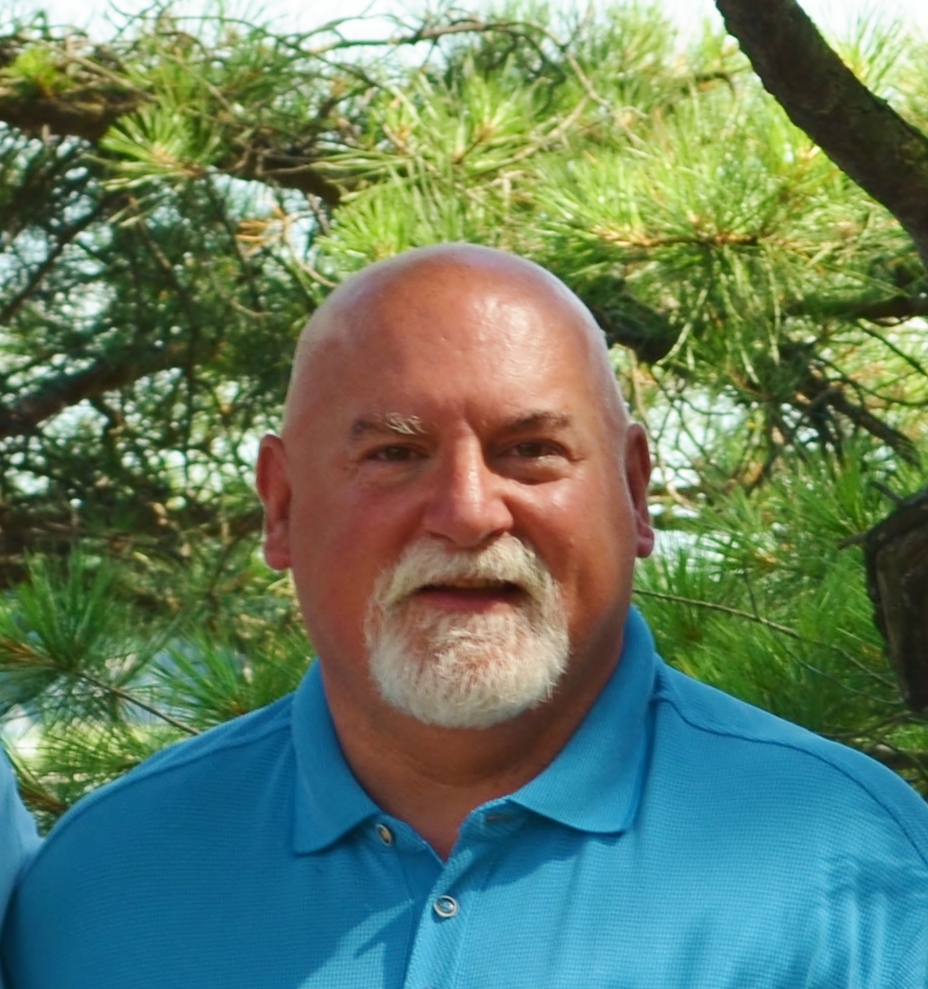
Norman E. Snyder is Chief Executive Officer at Reed’s Inc. Mr. Snyder joined Reed’s Inc. in September 2019 as the Chief Operating Officer.
He was appointed Chief Executive Officer in March 2020.
Prior to joining Reed’s, Mr. Snyder served as President and Chief Executive Office for Avitae USA, LLC, an emerging premium new age beverage company that markets and sells a line of ready-to-drink caffeinated waters.
Prior to Avitae, he served as the President and Chief Operating Officer for Adina For Life, Inc.; President and Chief Executive Officer of High Falls Brewing Company; and Chief Financial Officer and later Chief Operating Officer of South Beach Beverage Company, known as SoBe.
In prior experience, Mr. Snyder served as Controller for National Football League Properties, Inc. and in various roles at PriceWaterhouse during an eight-year tenure.
In this exclusive 2,885 word interview, the CEO details the strategy for maneuvering Reed’s through the economic disruption of the COVID 19 global pandemic.
“If we had an upset stomach or didn’t feel good, what did mom give us? Gave us ginger ale. And I think people still use it. My wife does that with our kids if they have an upset stomach or don’t feel good.
And think of hospitals, what’s one of the beverages that hospitals provide people when they come out of surgery or a procedure? It’s ginger ale.
So it has great antioxidant properties, and it effects nausea. We’ve had doctor’s offices that treat cancer patients, to help them ease their nausea from chemotherapy have requested both our drinks and our candies, particularly for children. So it helps with that.
It helps bolster your immune system. And it just has a lot of real positive attributes in terms of what it can do. It is a superfood, and it helps with anti-inflammation. I mean, that’s where I use it a lot.
I take our ginger shots, and it really helps with my joints, particularly my knees. So it’s this superfood that’s been used by various cultures for thousands and thousands of years.”
The company has seen some challenges from the COVID 19 global pandemic economic disruption:
“One of the things that we’ve run into is because of the pandemic certain packages have become very popular. For example, there was, I saw an article saying about cans, volume cans.
I mean, on-premise businesses have basically dried up, and a lot of packages, for example, beers and cans, now people are buying beer to take home, and the preferred package is the can. So can supply is tightened up. The glass supply is tightened up. Some raw materials in terms of our labels have tightened up.
So we’ve been very challenged to stay ahead of that curve. And thankfully, for a lot of these items, there have been annual allocations, and we have our allocation in.
So we’re covered, but other — for newer products where we don’t, we’ve been, you know, we’ve been really challenged to keep up.”
Get the complete picture by reading the entire 2,885 word interview, exclusively in the Wall Street Transcript.